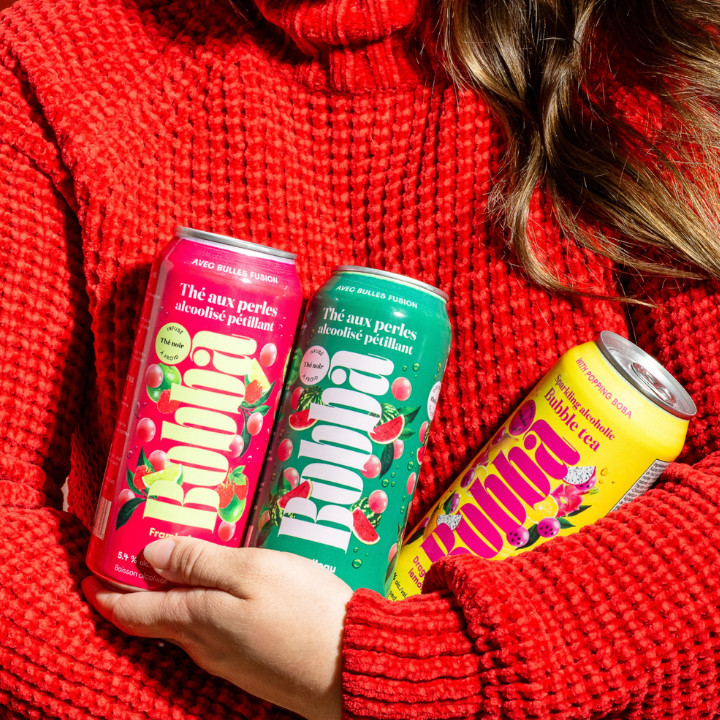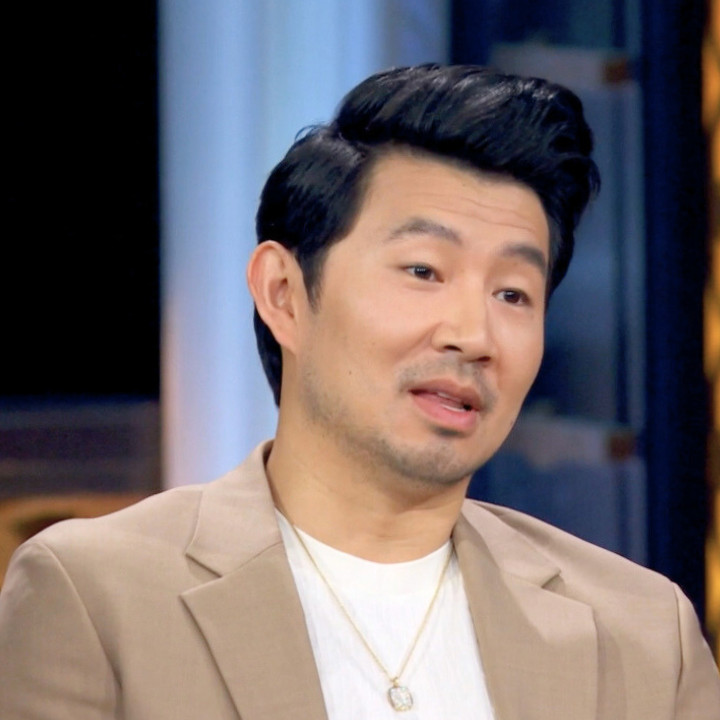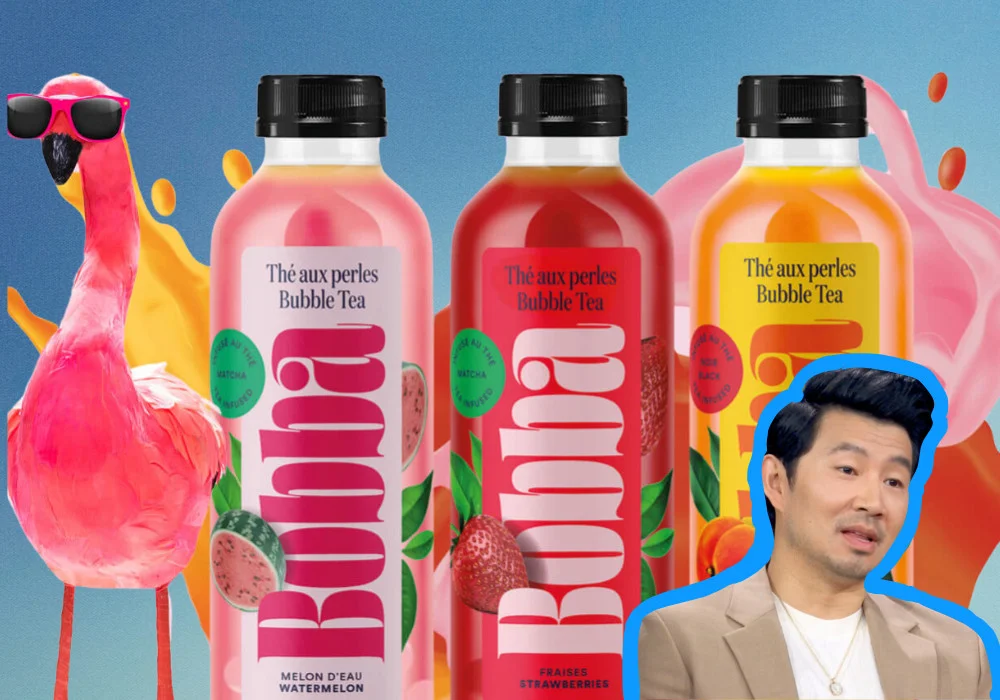If you thought the bubble tea world was all about cute cups and sweet sips, think again. This week, it became the centre of some serious controversy. A Canadian bubble tea brand called Bobba made its way onto the hit reality show Dragons’ Den, ready to pitch what they claimed was a ‘revolutionary’ twist on the cherished Asian drink. Sounds like a big break, right? Well, it was – but not in the way the founders had hoped.

Quebec entrepreneurs Sébastien Fiset and Jess Frenette stepped onto the Dragons’ Den stage, confident they were about to wow the panel with their healthier, ready-to-drink version of bubble tea. For those unfamiliar, bubble tea is a popular Taiwanese drink known for its chewy tapioca pearls and refreshing flavours. However, these founders took a different angle, describing traditional bubble tea as ‘trendy and sugary’, while positioning their product as a healthier disruptor in the bubble tea market.
Simu Liu – Marvel’s Shang-Chi star and the first Chinese-Canadian Dragon on Dragons’ Den – was quick to respond, and things took a turn from there. As Fiset and Frenette described how their version of the drink was ‘disrupting’ the bubble tea market, Liu raised a key point. He highlighted that calling it a “disruption” bordered on cultural appropriation. After all, bubble tea is deeply rooted in Asian culture, and the idea of “improving” an already beloved drink didn’t sit right with him.

Fiset and Frenette attempted to clarify, explaining that their goal was to make the drink more convenient and healthier. However, Liu remained unconvinced. He expressed discomfort with a Western company profiting from a drink deeply tied to his cultural heritage without giving proper acknowledgment. When Liu asked if they had any Asian representation within their company, the Bobba founders mentioned that their ‘best partner’ was based in Taiwan, and they imported their pearls from there. But Liu – and viewers – weren’t buying it. Many quickly took to TikTok to voice their opinions on the situation.
To be fair, Liu wasn’t out to vilify anyone. He later took to social media, asking people to ease up on the harassment and threats directed at the Bobba founders, calling the incident a ‘learning moment’. But by then, the damage had been done. Fiset and Frenette found themselves facing intense backlash online. In response, they issued a public apology, admitting their choice of words was poor and promising to rethink their branding approach. Even Dragons’ Den investor Manjit Minhas, who initially agreed to invest $1 million in the company, later withdrew from the deal after taking some time for ‘reflection’.
The incident has ignited an essential conversation about cultural appropriation in business, particularly in the world of food and drink. It’s not just about putting a new spin on a traditional product – it’s about honouring where that product originated and recognising the cultural significance behind it. As Simu Liu aptly said, ‘I want to bring bubble tea to the masses – but not like this’. So, what’s the takeaway here? If you’re going to pitch a ‘revolutionary’ twist on a cultural product, maybe steer clear of calling the original ‘trendy’ or suggesting it needs improvement. At the end of the day, bubble tea is more than just a drink – it’s a cultural staple with deep roots. And as for Bobba? Well, they’ve got some work to do if they want to regain trust – and maybe a few taste buds.

Catherine Pun
A Hong Kong native with Filipino-Chinese roots, Catherine infuses every part of her life with zest, whether she’s belting out karaoke tunes or exploring off-the-beaten-path destinations. Her downtime often includes unwinding with Netflix and indulging in a 10-step skincare routine. As the Editorial Director of Friday Club., Catherine brings her wealth of experience from major publishing houses, where she refined her craft and even authored a book. Her sharp editorial insight makes her a dynamic force, always on the lookout for the next compelling narrative.



